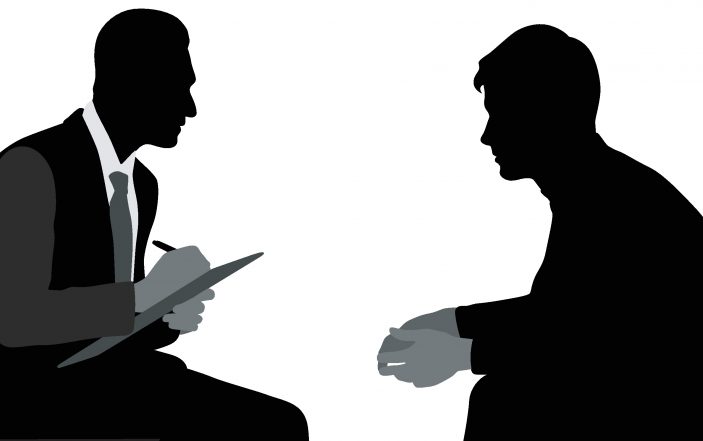Patients and Doctors are Cautious about Unwitnessed Physical Exams.
Disgraced former USA gymnast doctor, Larry Nassar, will spend his entire life in prison for his sexual assault activity. Without question, his crimes have ultimately damaged the implicit trust between patient and physician. As emergency physicians, we now are facing an environment of increased skepticism regarding the intentions of aspects of the physical exam.
The basic nature of our profession requires examining and palpating the bodies of our patients. If you search social media and open patient forums you will discover how truly confused and mistaken patients are by what is considered customary “appropriate touch” during a physical examination. Patients are left attempting to determine if any components of the physical exam may have constituted sexual misconduct. They typically ask each other’s opinions regarding possibly questionable practices, such as if a stethoscope touching the breast constitutes sexual misconduct or even if the proximity of the physician’s face during an ophthalmoscope exam suggests sexual inappropriateness.
As the public attempts to comprehend how a renowned physician sexually abused over 250 women and girls, the medical community should respond in the form of expanded chaperone use. Chaperones should be used by physicians for any “sensitive area” exam. For patients who may be anxious about the physical examination in general, or who have a history of sexual abuse, a chaperone may be advisable during all interactions with the patient — both history and physical.
Often patients aren’t familiar with the concept of a chaperone. It is important to explain the policy to the patient and communicate that a chaperone’s role is to make the patient feel more comfortable. Consequently, any doubt that a particular element of the physical exam was morally questionable will be diminished.
I polled our physician group in a recent meeting with the ED leadership regarding their utilization of a chaperone during the physical examination.
In a Post Larry Nassar era, it is important to review your chaperone policy. Unfortunately, physicians such as Nassar have exploited the privilege of the physical examination. ED physicians need to consider the more liberal use of chaperones in order to maintain trust and provide a sense of safety and comfort to our patients.
Patients are concerned about what constitutes an appropriate physical examination and a chaperone will add an increased degree of protection to the physician in the event that he or she is wrongly accused of a misinterpreted physical exam.
In summary, it is recommended that both male and female practitioners have a chaperone for all “sensitive area” exams. If resources permit and the situation calls for it, the presence of a chaperone should be considered for the entirety of the physical exam, and in some cases the interview as well.









5 Comments
I agree that the presence of a chaperone provide a patient with confidence that a “sensitive area” is being inspected with professional reserve. My question is, who is qualified to be the chaperone?
Is it appropriate for a female being examined by a male physician to be chaperoned by a male attendant or med tech?
Is it appropriate for a male being examined by a female physician to be attended by a female assistant?
Does the sex of the chaperone become trickier when dealing with gay, lesbian, transgender patients?
I am an old man, so if a young female needed to examine my prostate I would actually prefer not to have a gallery of onlookers. Is it OK for a patient to decline chaperones?
No, you cannot decline a chaperone because the chaperone is there for the doctor’s comfort ONLY. The article tries to make it sound like it is for the patient’s comfort, but for many of us patients, an audience is not welcome. I’d be happier with the option to decline, but I realize it is the doctor’s choice, not mine.
I agree that it is fort he doctors comfort. The patient is very regularly strong armed into a very uncomfortable situation. My doc has instituted this policy and even though he knows well that i am uncomfortable even with him touching me, he has begun to invite other staff to be present during the exam. I have decided that I will no longer participate in any sort yearly physical exam. and have stepped away from medical appointments because I cant bring myself to go anymore. it is likely i will have to fond another provider, unfortunately as has been shared, this is becoming a standard practice
Opinion polls have their place, but I don’t think patients weighing in about medical practice issues is one of them. If the health profession as a whole feels that chaperones are a good idea, that is good enough for me. I trust medical professionals to do the right thing.
And why would we do this? Patient care and dignity should be paramount, especially where intimate exams are concerned involving the opposite gender and or front office personnel brought in to as gawkers who will almost undoubtedly recount the story. Humiliating, emasculating, uncaring and unprofessional all come to mind.